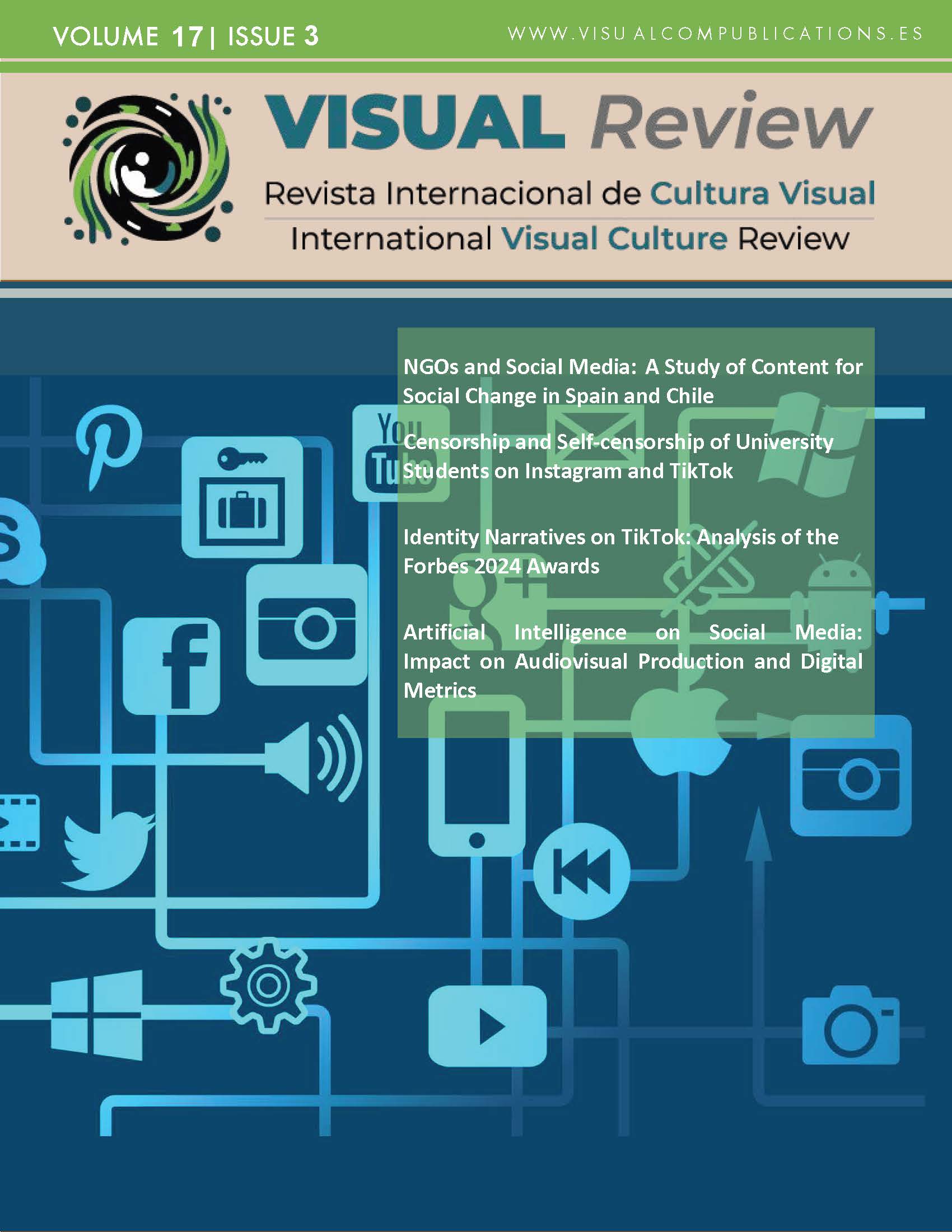Effects of Artificial Intelligence in Capitalist Societies; Use of Social Networks
Artificial Intelligence, Social Networks and Relationship with Stakeholders
DOI:
https://doi.org/10.62161/revvisual.v17.5818Keywords:
Social Networks, Right to Privaty, Own Image, Artificial IntelligenceAbstract
The use of social networks has been the subject of study in recent years without conceptual, legal or ethical consensus. We published in Comred years ago the preamble that now presents its latest advances. It was said that companies influence the behaviors of their employees on social networks, but the evolution of social changes in our system and the emergence of Artificial Intelligence accelerate the need for a regulatory framework in this regard. These changes outdated the legislation on the right to privacy and self-image. The qualitative analysis forms the guide that suggests legislating against violated rights.
Downloads
Global Statistics ℹ️
|
332
Views
|
246
Downloads
|
|
578
Total
|
|
References
BDO, (2019). El daño a la reputación y al valor de la marca representa la mayor preocupación para las empresas, (Ed. Lefebvre) https://elderecho.com/dano-la-reputacion-al-valor-la-marca-representa-la-mayor-preocupacion-las-empresas-segun-bdo
Chabod, F. (1984). Escritos sobre Maquiavelo. Ciudad de Méjico, Méjico: Fondo de Cultura Económica.
Etzoioni, A., & Etzioni, O. (March de 2017). Incorporating Ethics into Artificial Intelligence. The Journal of Ethics, 21(1), 403-418.
Galeano, M. E. (2018). Estrategias de investigación social cualitativa. Medellín, Colombia: Fondo Editorial FCSH.
Han, B.-C. (2014). Psicopolítica. Neoliberalismo y nuevas técnicas de poder. (Herder, Ed.) Barcelona, Barcelona, España: Pensamiento Herder.
Kurweil, R. (2005). The Singularity is near. Penguin Books.
Llamas Pombo, E., “Prevención y reparación. Las dos caras del Derecho de Daños”, en Rev. Responsabilidad Civil y seguro, 2010.
Makridakis, S. (17 de March de 2017). The forthcoming Artificial Intelligence (AI) revolution: Its impact on society and firms. Futures, 90(Jun 2017), 46-60.
Núñez. I, (2020). ¿Me pueden despedir por criticar a mi empresa en redes?, https://es.andersen.com/es/blog/me-pueden-despedir-por-criticar-a-mi-empresa-en-mis-redes-sociales.html
Paredes, C., Gismera, E., & Labrador, J. (2021). Relaciones profesionales, redes sociales, derecho a la libertad de expresión, a la intimidad y a la propia imagen. Comred Lisboa.
Presno Linera, M. Á. (2023). Derechos Fundamentales e Inteligencia Artificial. Madrid, España: Marcial Pons Ediciones Jurídicas y Sociales.
Rikkie, F. J., & Zuleta, L. (3 de March de 2020). Private Governance of Freedom of Expression on Social Media Platforms: EU content regulation through the lens of human rights standards. Nordicom Review, 41(1).
Sánchez Meca, D. (2010). Com-Padecer Sim-Patizar: Hacia una filosofía de la Hospitalidad. En M. González García, Filosofía y Dolor (págs. 471-489). Madrid, España: Tecnos.
Seligmann-Silva, E. (2014). Trabajo y Desgaste Mental. El derecho a ser dueño de sí mismo. Sao Paulo, Brasil: Octaedro.
Trujillo Cabrera, C. (Enero de 2024). El derecho a la propia imagen (y a la voz) frente a la inteligencia artificial. Indret.
Downloads
Published
How to Cite
Issue
Section
License
Copyright (c) 2025 Authors retain copyright and transfer to the journal the right of first publication and publishing rights

This work is licensed under a Creative Commons Attribution-NoDerivatives 4.0 International License.
Those authors who publish in this journal accept the following terms:
-
Authors retain copyright.
-
Authors transfer to the journal the right of first publication. The journal also owns the publishing rights.
-
All published contents are governed by an Attribution-NoDerivatives 4.0 International License.
Access the informative version and legal text of the license. By virtue of this, third parties are allowed to use what is published as long as they mention the authorship of the work and the first publication in this journal. If you transform the material, you may not distribute the modified work. -
Authors may make other independent and additional contractual arrangements for non-exclusive distribution of the version of the article published in this journal (e.g., inclusion in an institutional repository or publication in a book) as long as they clearly indicate that the work was first published in this journal.
- Authors are allowed and recommended to publish their work on the Internet (for example on institutional and personal websites), following the publication of, and referencing the journal, as this could lead to constructive exchanges and a more extensive and quick circulation of published works (see The Effect of Open Access).













